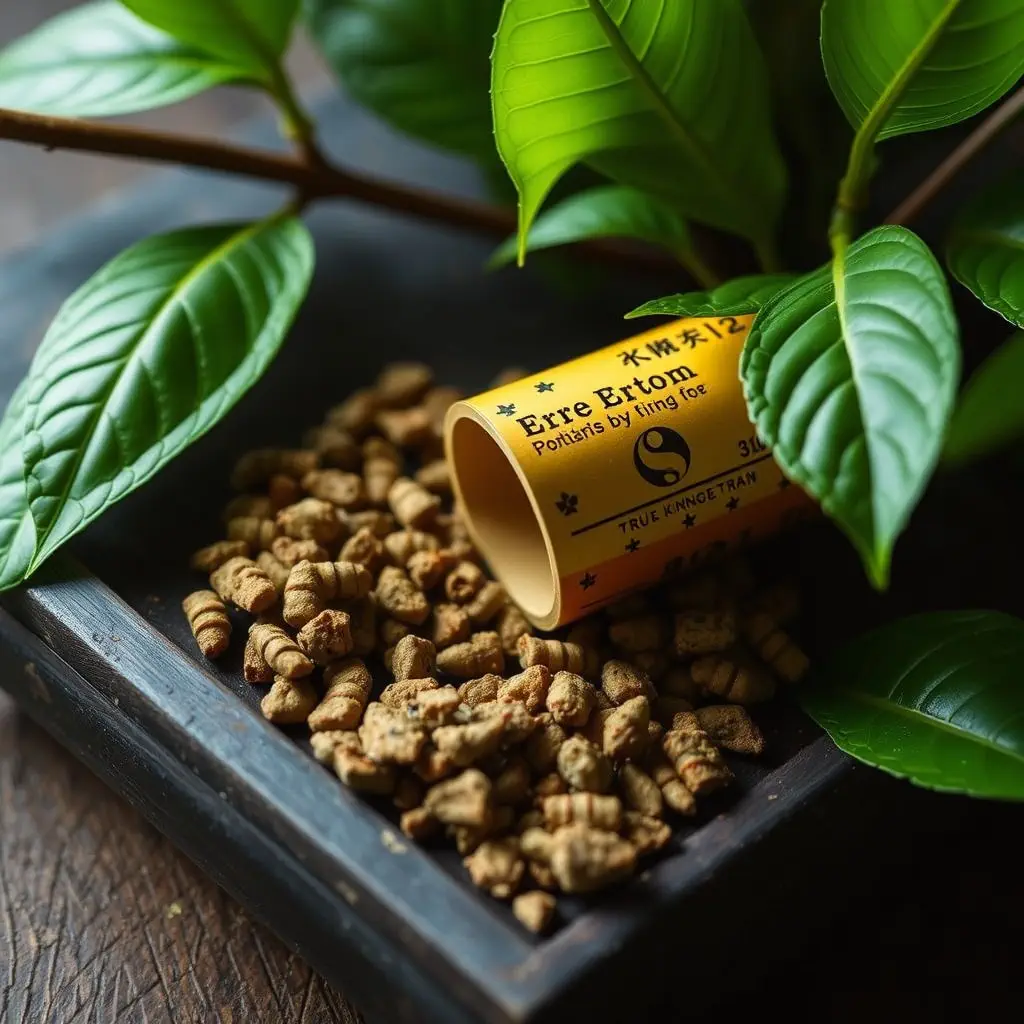Chronic inflammation, a modern lifestyle concern, contributes to various health issues. Mitragyna speciosa, or kratom, known as the "lotus blue flower," offers natural anti-inflammatory relief through its interaction with opioid receptors. This traditional remedy shows promise for conditions like arthritis and IBD, promoting balance and potentially reducing reliance on conventional methods.
Inflammation Reduction: Unlocking Natural Relief with Kratom and Lotus Blue Flower
Inflammation, a complex physiological response, can range from beneficial acute reactions to damaging chronic conditions. This article delves into the world of natural inflammation management, focusing on kratom supplements and their potential as an alternative remedy. By exploring scientific insights, we uncover how this herb interacts with our body’s inflammatory pathways. Additionally, we introduce lotus blue flower extract, a promising natural ingredient, offering a holistic approach to reducing chronic inflammation and promoting overall well-being.
- Understanding Inflammation and Its Impact
- – Definition and types of inflammation
- – Common causes and triggers
Understanding Inflammation and Its Impact
Inflammation is a natural process that plays a crucial role in our body’s defense mechanism, helping to fight off infections and repair damaged tissues. However, when inflammation becomes chronic or excessive, it can lead to various health issues and discomfort. Chronic inflammation has been linked to conditions such as arthritis, heart disease, and even cognitive decline. In today’s world, where stress and environmental factors contribute to a constant state of low-grade inflammation, many individuals are seeking natural solutions to manage this persistent condition.
Kratom, a herb scientifically known as Mitragyna speciosa, has gained attention for its potential anti-inflammatory properties. Often referred to as the “lotus blue flower” for its calming and soothing effects, kratom has been traditionally used in Southeast Asia for centuries. Recent studies suggest that specific compounds within kratom may interact with the body’s opioid receptors, modulating pain perception and potentially reducing inflammation. This natural approach to inflammation reduction offers hope for those seeking alternative solutions, especially when conventional methods have not provided adequate relief.
– Definition and types of inflammation
Inflammation is a complex biological process that plays a vital role in our body’s defense mechanism, protecting us from injuries and infections. It involves a series of intricate cellular and chemical reactions, leading to redness, swelling, heat, and pain at the site of injury or infection. However, when inflammation becomes chronic, it can cause significant damage to tissues and organs, contributing to various health issues. Chronic inflammation is linked to conditions such as arthritis, heart disease, and even certain types of cancer.
There are different types of inflammation, each characterized by specific triggers and symptoms. Acute inflammation is a short-term response to an immediate injury or infection, typically resolving once the threat has passed. On the other hand, chronic inflammation persists over an extended period, often as a result of ongoing exposure to irritants or an immune system malfunction. For instance, conditions like asthma, inflammatory bowel disease (IBD), and rheumatoid arthritis involve chronic inflammation. The lotus blue flower, known for its calming properties, has gained attention in some circles for its potential anti-inflammatory benefits, offering a natural alternative for managing inflammation-related ailments.
– Common causes and triggers
Inflammation is a natural response from our bodies to protect itself against injuries or infections, but when it becomes chronic, it can lead to various health issues. Common causes and triggers include environmental factors like air pollution, certain foods (e.g., processed meats, sugars), physical trauma, and even emotional stress. Among these, the lotus blue flower—a symbol of serenity and calmness in many cultures—represents a state of balance that our bodies strive for. However, modern lifestyles often disrupt this equilibrium, leading to persistent inflammation.
Stress hormones like cortisol play a significant role in this process, as they can cause chronic low-grade inflammation over time. Other factors include age, sedentary lifestyle, and genetic predisposition. Understanding these triggers is essential in managing inflammation effectively. This awareness can prompt individuals to make positive changes, such as adopting an anti-inflammatory diet, engaging in regular physical activity, and incorporating stress management techniques into their daily routines.
Kratom, a natural herb with a growing body of scientific interest, offers potential as an anti-inflammatory agent. Its unique properties, often attributed to its active compounds like mitragynine and 7-hydroxymitragynine, suggest it may help alleviate inflammation without the side effects commonly associated with pharmaceutical interventions. While more research is needed, particularly focusing on the specific mechanisms of action, the evidence so far encourages further exploration of kratom supplements as a safe and effective way to manage chronic inflammation. Incorporating natural remedies like the lotus blue flower’s botanical equivalent into wellness routines could provide a holistic approach to reducing inflammation and improving overall well-being.






